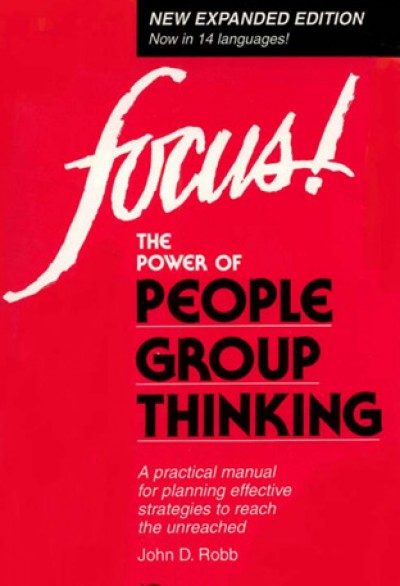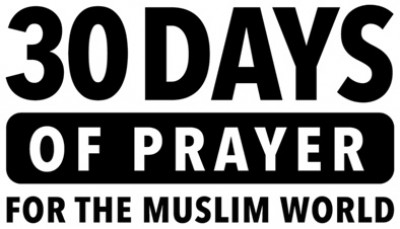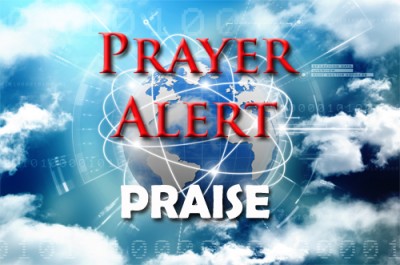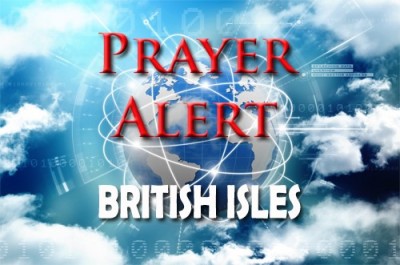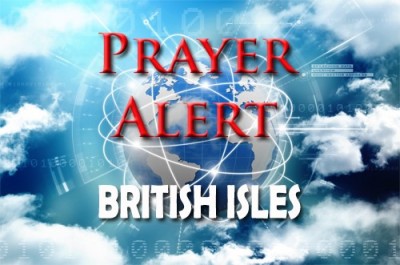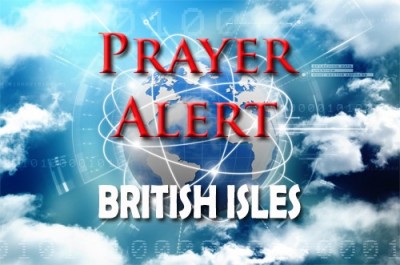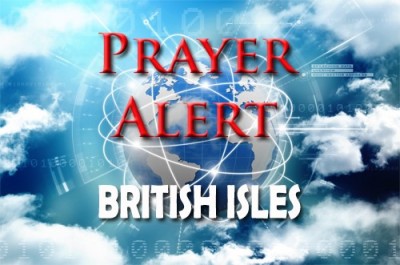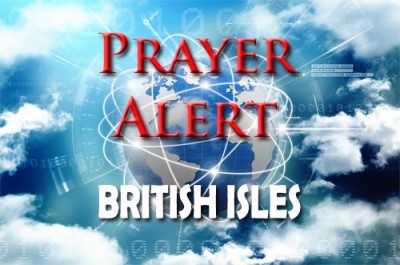Focus: The Power of People Group Thinking, a Practical Resource for Reaching the Unreached
If you have a heart for prayer and mission for the fulfillment of the Great Commission, this book is written for you!
It has been put together for followers of Jesus who share His heartbeat for the peoples of the world. It is designed for you if you want to see His love, justice, and salvation begin to operate within a particular group of people for whom you are specially concerned.
If you are a missionary, an evangelist, a pastor, or a lay person who wants to better understand your target audience in order to have a greater impact, this book can help you. It will give you the tools to develop a ministry strategy that, coupled with Spirit-led prayer, will be relevant to the people you are trying to reach. Focus! will enable you to both pray and communicate the Gospel with new effectiveness and greater response. It will assist you to design ministry outreaches and programs that the Spirit of God can use to move a whole unreached group toward the salvation and social well-being He so deeply desires for them.
The author, John Robb, who serves as chairman of the IPC has devoted his life to both prayer and mission initiatives in more than 100 countries for over 50 years. Focus! went through three printings, was translated into over 20 languages, and has been used by many involved in cross-cultural missions around the world. Feel free to download it and also to share it with others who have an interest in making Christ known to those who still do not know Him.
Free Download available HERE
30 Day Prayer Guides for the Muslim World
01 May 2019The 30 Days of Prayer for the Muslim World began in 1993 with a group of Christians who felt inspired to challenge the way they understood Muslim people. What if they saw Muslims in the same way God does?
WHAT IS IT AND WHY?
The 30 Days of Prayer for the Muslim World, is an international movement that began in 1993. It calls the church to make a deliberate but respectful effort to learn about, pray for and reach out to our world’s Muslim neighbors. It coincides annually with the important Islamic month of religious observation — Ramadan, a time of the year when Muslims are much more deeply aware of spiritual matters.
While Media sound bites about Islamic extremism can too easily incite anger, fear and even hatred towards Muslims, we seek to resist this temptation to generalize, and instead, resolve to respond and pray with the mind and heart of Christ.
Join the millions of Christians around the world, and churches and ministries from many denominations, who regularly participate in this largest ongoing prayer focus on the Muslim world. A new full-color prayer guide booklet — available each year in both adult and kids versions — is a proven tool to help Christians to understand and to persistently pray for Muslim neighbors and nations.
There's still time to get your booklets before Ramadan!
Click Here:https://www.30daysprayer.com/
Easter service at music festival
25 Apr 2019The reporter from the LA Times was not sure what to make of Kanye West’s Easter morning church service at the Coachella Valley music festival. describing it as ‘a new-age Baptist church revival’. The service began shortly after 9.30 am. West arrived dressed in violet-magenta hues - with his hair dyed to match. What unfolded was a nearly two-hour celebration of gospel music, which has played a major influence on his creative achievements. He was supported by hundreds of singers, dancers, and a full orchestra. His part in the service was minimised, with no sermonising or rapping. He allowed the choir and band to be the main focus as he was caught up in the worshipful atmosphere of the moment. West transformed a secular festival at Coachella into a black church experience.
Passion for the Nation on local elections
25 Apr 2019‘Thank You, Father, for those who have served this nation in many capacities across the years; but now this is a new day. Lord, You positioned leaders of ten, leaders of hundreds and leaders of thousands, and You prepared and anointed leaders before their time of service, So, in the Name of Jesus, we call forth across this nation, the leaders You have appointed for this season. We declare they will be positioned and connected for Your voice to be heard, recognised, and active within every place of influence and gateway of society. We declare that those chosen and appointed by you for the next season will stand strong and secure with new levels of revelation and understanding. We declare they will listen, speak and act according to the words and strategies of the Spirit of God, causing them to grow in favour with God and man.’ For the full declaration, click the ‘More’ button.
Church support for new relationship education
25 Apr 2019This week, a new framework for the teaching of relationships and sex education (RSE) replaced a twenty-year-old version written before smartphones or social media. Despite steps in regulating the internet, primary school-aged children live in a world of rapid online interactions. This new legislation was formed over two years by the Government, with the Church of England among parties engaged in the consultation, to promote healthy resilient relationships set in the context of character and virtue development. It focuses on respecting others, including the beliefs and practices of people with a specific faith commitment, and the many different types of families that make up our cultural context. It makes explicit a shared duty of care between parents and schools, and what takes place in the classroom builds on what has been taught in the home. The new guidance asserts that ‘all schools must teach about faith perspectives on these questions’.
Half a million UK children missed measles jab
25 Apr 2019Children should have two measles inoculations to be fully protected, but 527,000 UK children were not given the vaccine between 2010 and 2017. The NHS has warned that measles cases had almost quadrupled in 12 months, and urged families to get vaccinated. One person with measles could infect ninety others who are not immune. Measles is infectious before the rash appears, so you cannot simply 'keep away'. Public Health England said that unimmunised people were in danger of catching the disease while outbreaks continued in Europe. In Greater Manchester, more cases were recorded this year than in 2018 and 2017 combined. NHS chief Simon Stevens warned that ‘vaccination deniers’ gained traction on social media, leading to false information spreading. Matt Hancock, the health secretary, called for legislation to force social media companies to remove content promoting incorrect information about vaccines.
A report on 25 April suggests the prime minister is planning to bring forward a law next week to enact her withdrawal agreement, even though it has been rejected by MPs three times. The law is expected to include new guarantees that the government hopes will entice both Tory Eurosceptics and wavering Labour MPs to vote for the deal. An attempt to force another vote of no confidence in Mrs May was scuppered after senior Tories refused to change party rules to allow another ballot to be held. We can continue to pray for God’s will to be done on earth as it is in heaven. Jesus told his disciples in Matthew 17:20 that if a person has faith as small as a mustard seed, they can say to a mountain, ‘Move from here to there’, and it will move.
Children’s food insecurity
25 Apr 20194.1 million UK children live in poverty, but how many of these children experience food insecurity? How does it affect their lives and what could be done about it? The Trussell Trust gave food parcels to 500,000+ people in 2014/15 - half went to children. On 25 April 2019, at Westminster, young people joined actor Dame Emma Thompson, ambassador for the Children’s Future Food Inquiry, to launch a report calling for urgent political action on child food insecurity. The CFFI spent a year investigating this problem across the UK, and its final report compiles the experiences of hundreds of young people, academics and experts. Sharon Hodgson, its co-chairwoman, said, ‘Children are falling through the safety net. They need support from the Government in order to have access to healthy and affordable food’. See
